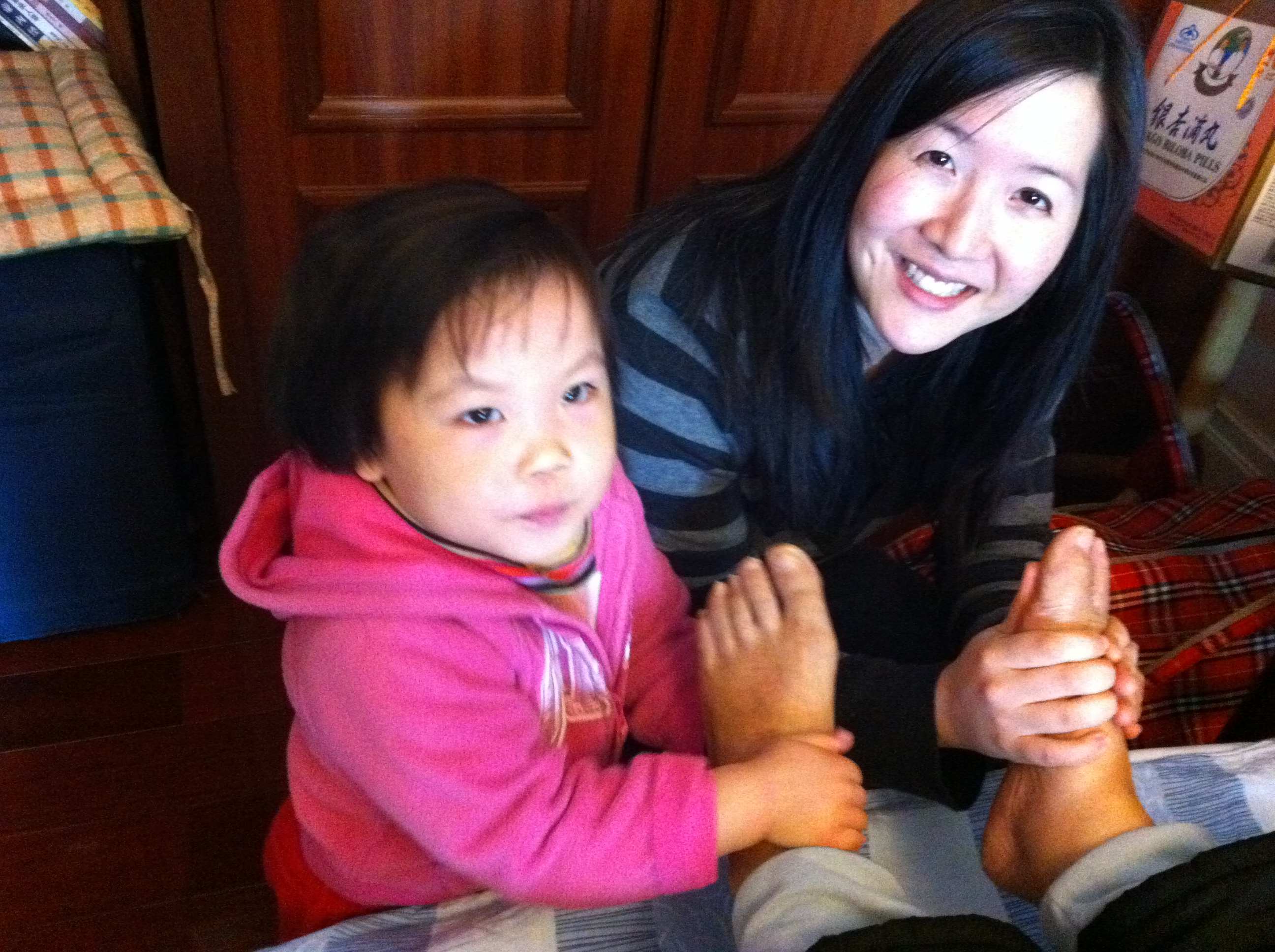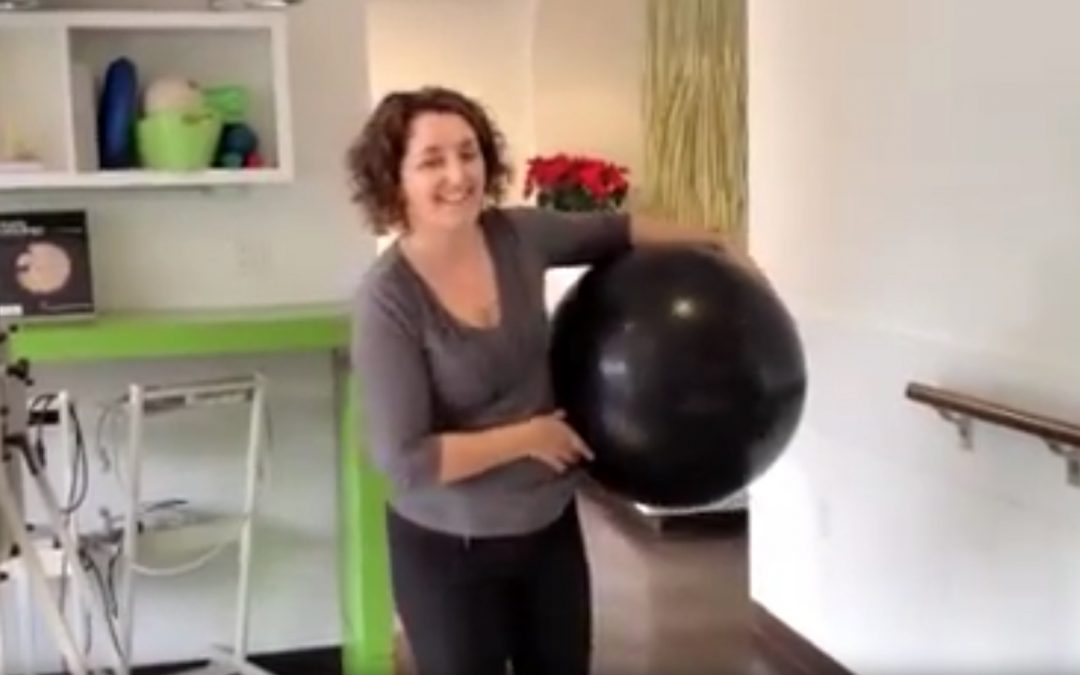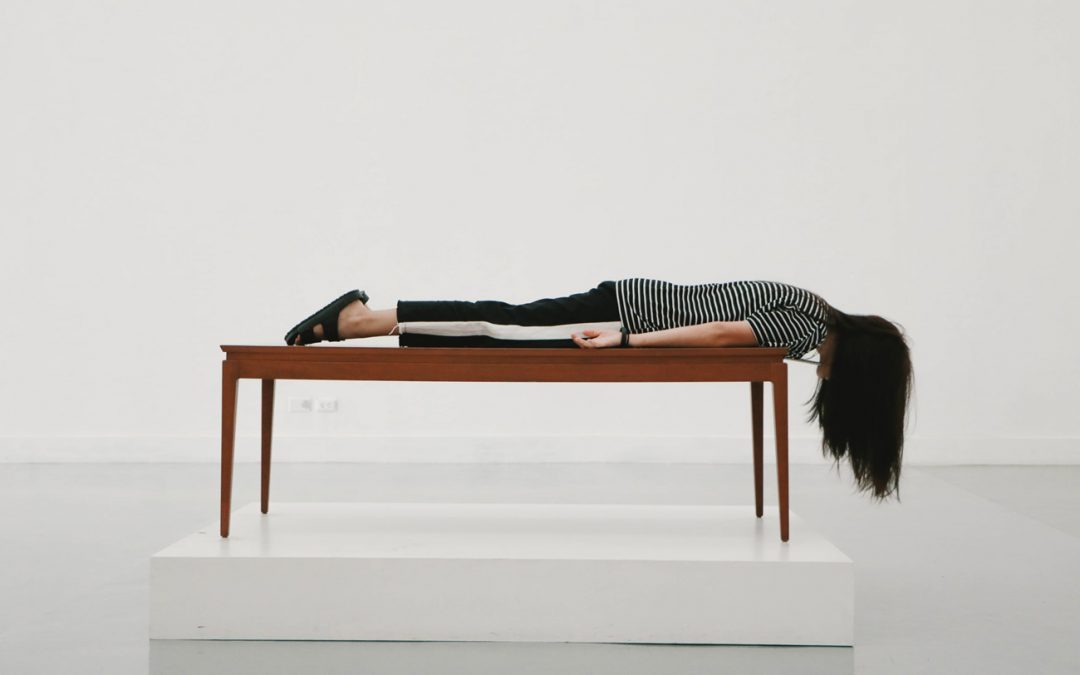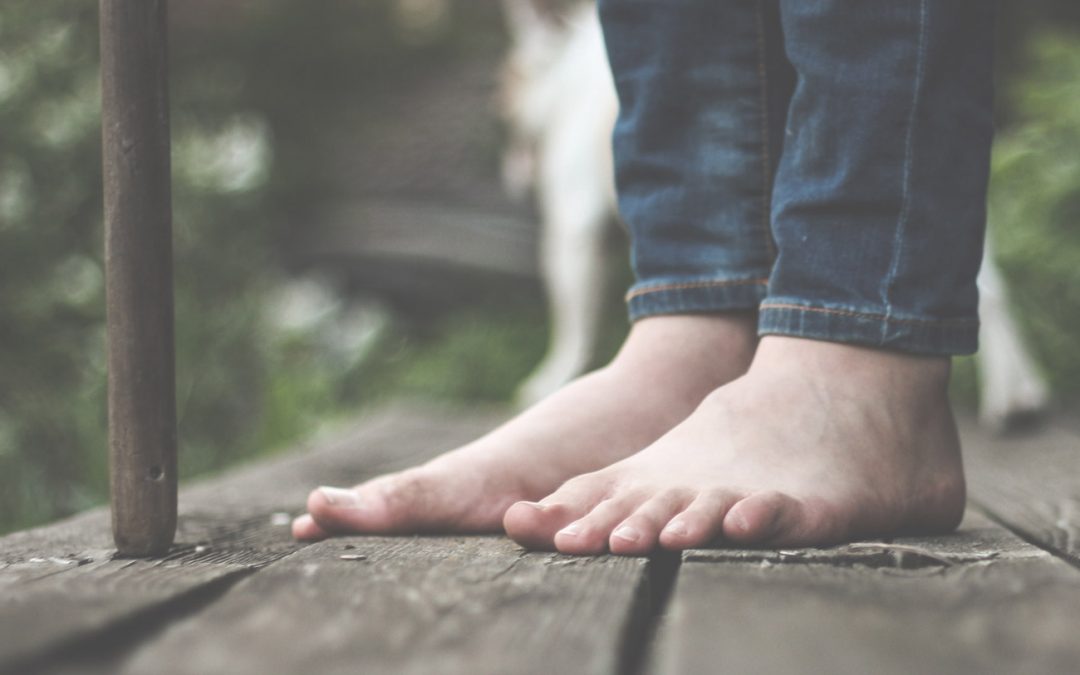RESOURCE LIBRARY
West Meets East: Insights in Chinese Medicine and Physiotherapy

During my years working in private practice, I have often been asked to do home visits throughout the Lower Mainland.
More recently, I traveled to the Sunshine Coast. But when I was asked by a client of mine to travel to China to continue her physiotherapy treatments that she had started at my clinic here in Vancouver, I was taken aback!

A home visit to the other side of the world.
Wuhan, China by Matt Neale/Unsplash.
And so, last month, I traveled to Wuhan, China and there I put my physiotherapy skills to use. For 2 weeks, I saw about 6 patients a day in a makeshift clinic that was run out of the mezzanine floor of a large family home. Most issues I saw were orthopedic in nature.
When first arrived, I was admittedly nervous because for one, I do not speak fluent Mandarin (only Cantonese). This was particularly rattling as I was told by my client that she and the other patients were quite eager to see me. In fact, some were to travel from several hours away. Were they expecting a miracle worker?
Opportunities are emerging for physiotherapy in China.
Figure via www.pponline.co.uk

Nevertheless, the treatment approach I took was educational with an evidence- and exercise- based approach, so that when I left, I knew they would still have things they could work on on their own. What a relief it was to hear at the end of the trip that they all had reported experiencing improvement and benefit from the physio.
Upon my return, I received an email from one of my translators (the comment was unsolicited):
“After watching your treatments, I realize that you, a representative of Western-educated professional physiotherapist [sic], are more likely to seek the original source of the problems before implementing any treatment, whereas in China, doctors now are just used to dealing with the symptoms only. The gap of attitude, reflecting the difference of education quality, shapes the gap of living standards between Canada and China.”
From my understanding, physiotherapy is not an established profession in China, although one might find it in international hospitals that serve mostly ex-pats and wealthier nationals.
The gap of attitude, reflecting the difference of education quality, shapes the gap of living standards between Canada and China.
Working in an emerging country like China was fascinating. There was an openness amongst the people I encountered, and even a hunger for more evidence-based practice. Perhaps this is because of the prevalence of the so-called “quack medicine” that my patients reported experiencing in the past. Or perhaps the openness to western medicine and physiotherapy is simply a reflection of the nation’s emerging wealth and its openness to the west and everything it has to offer.
Either way, opportunities are emerging for physiotherapy in China and I am grateful for my brief professional foray into Asia.
Grace Cheung is a physiotherapist who specializes in treating musicians and performing artists. She is also a musician and plays violin, piano, guitars and is now learning the cello. Grace is co-owner of Go! Physiotherapy Sports and Wellness Centre.
filed in
Latest Articles

Shoulder Exercises After a Mastectomy
Physiotherapist Susan Deslippe demonstrates a safe and effective stretch to help you recover after mastectomy.

Violin Injuries: How to Avoid Spinal Neck and Back Pain When Playing
Musician injuries physiotherapist, Grace Cheung, walks us through a few common postural errors amongst violinists in this video segment, a first of a series of videos related to injury prevention amongst musicians.

4 Things You Can Do for Neck and Back Pain
Physiotherapists at Go! have invested years of post-graduate training in the assessment and treatment of neck and back pain. Whether you struggle with a brand new injury or a chronic problem, our physiotherapists will perform a biomechanical assessment of your spine to determine the causes of the back pain.

What is Plantar Fasciitis?
Plantar fasciitis is a painful inflammation of the plantar fascia – a thick, fibrous band of connective tissue in the sole of the foot that supports the arch of the foot.
Unlock Your Body’s Strength and Mobility Today
Book Online
Current patient? New, but know exactly what you’re looking for?
Contact Us
Never tried physiotherapy? Not sure where to start? Our friendly staff will guide you towards the best treatment for your situation.
Call: 604-568-4628
Email: go@gophysiotherapy.ca
